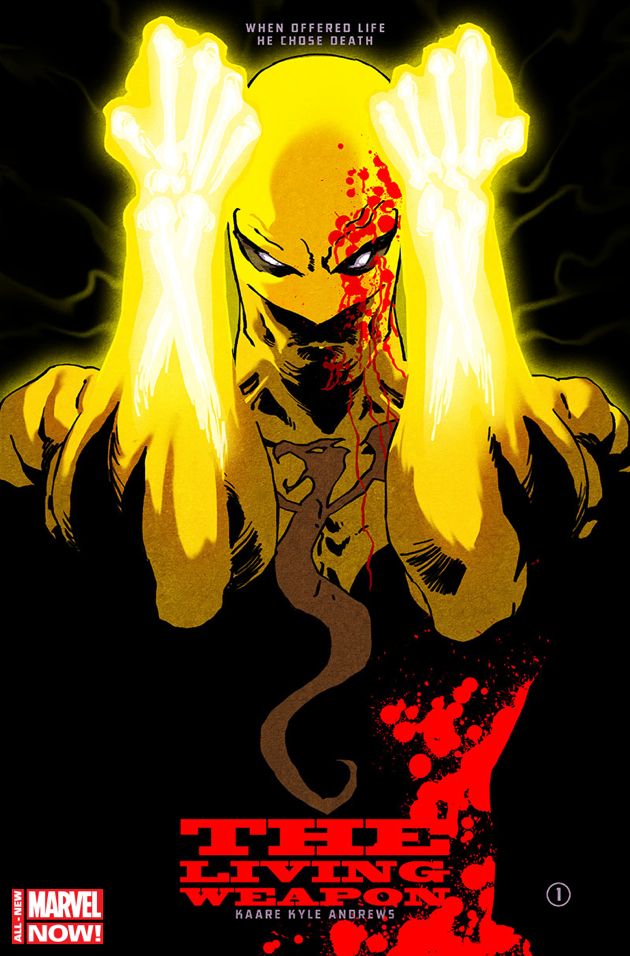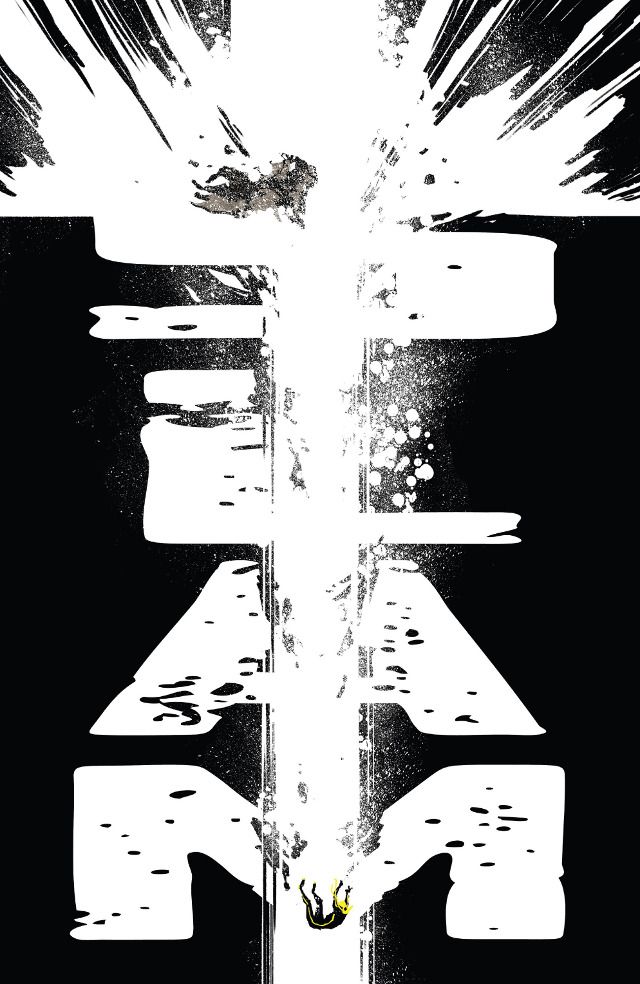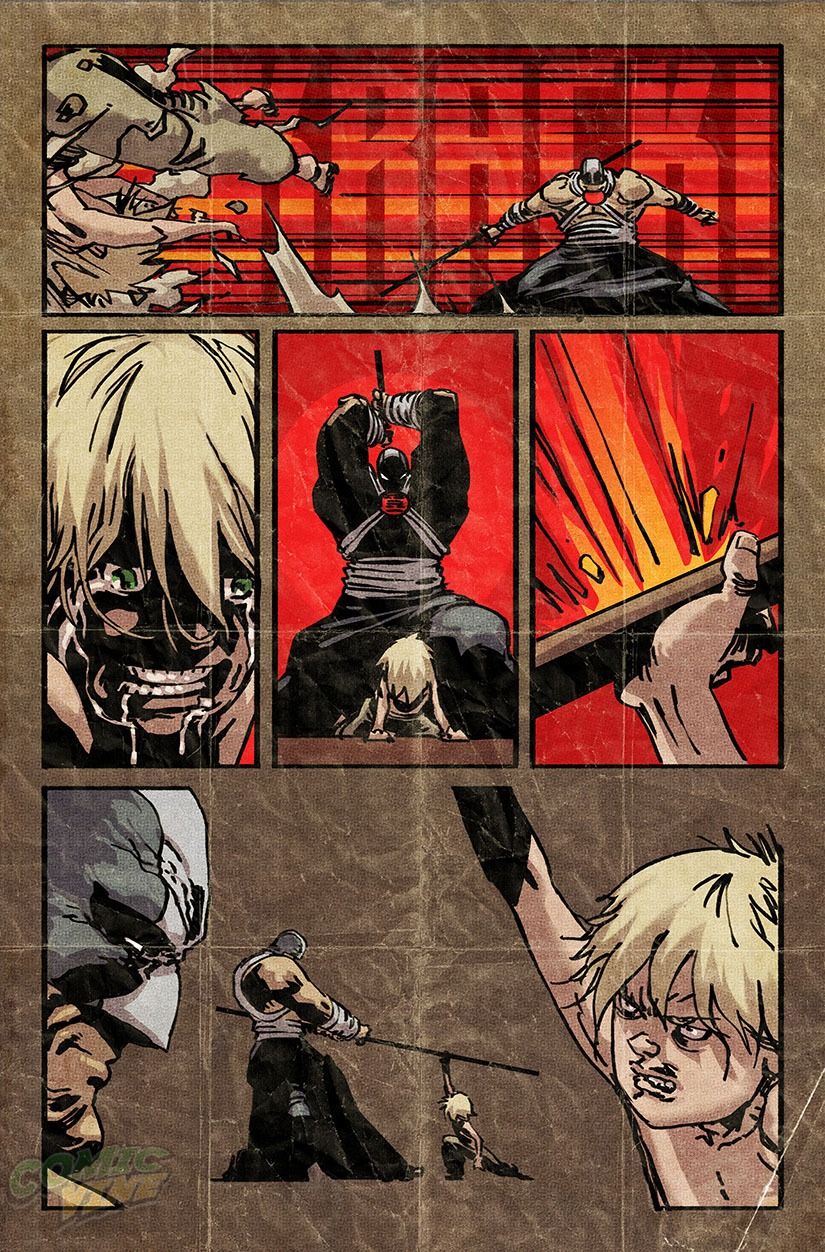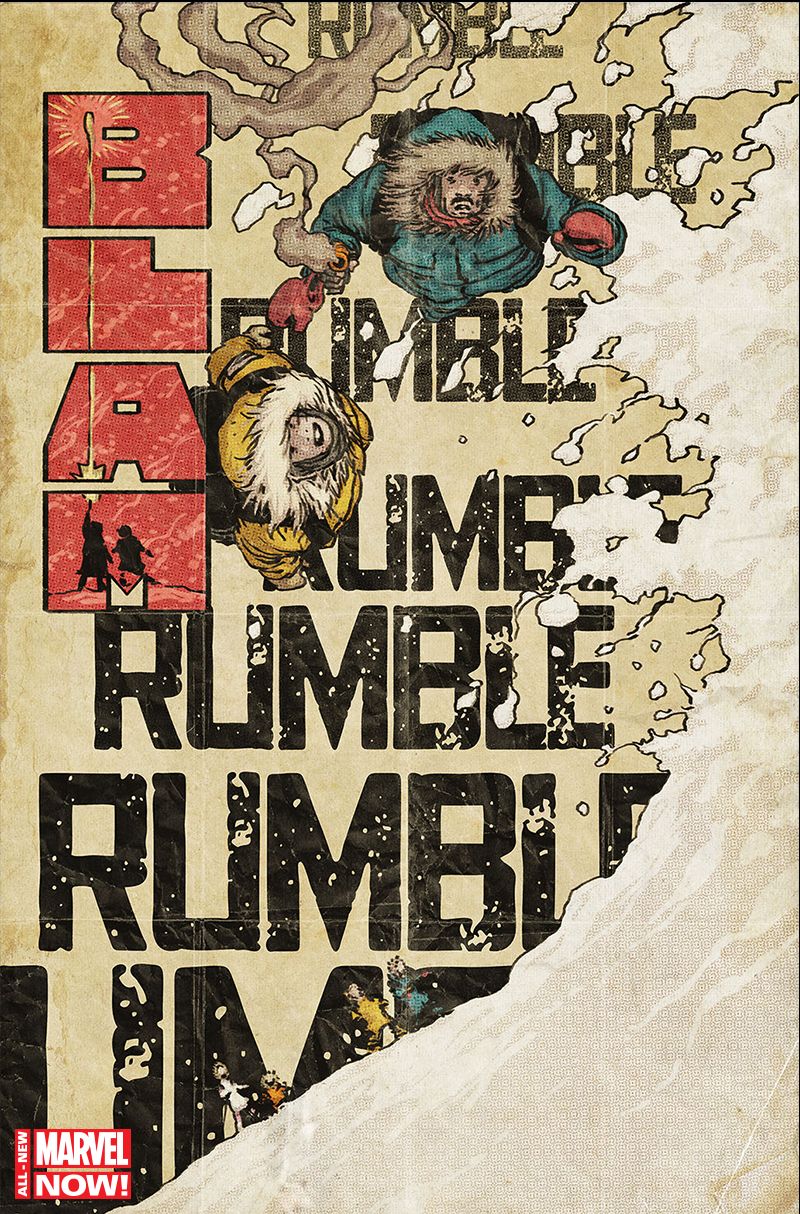Dear Mr. Andrews,
Forgive the Victorian formality of this letter as, while we have never met in person, I have been a great admirer of your work for a few years now. Your wonderful covers for the Incredible Hulk saved me from a rough time when Bruce Jones was writing the series.
It's funny how we tend to blame the creative team when the book is "bad," but can often seem like we're praising the characters when the book is "good." I don't assume that's always the case, but it goes a long way in explaining the fear readers have when there's a creative change to a title, whether that's the artist and writer of a comic, or an actor or director on a movie. In the hands of someone we don't trust, don't like or who simply doesn't fit our "vision," we can fear for the character's safety more than we do the story the change might lead to.
When a book is good, it connects on a storytelling level; all the components create this beautiful machine of a narrative that runs like a high-performance vehicle. It's crafted well, and readers can observe that craft and know its quality. A good book can connect thematically, so that we recognize the purpose of the story. All the motivations of our heroes and villains rise to the occasion and fulfill their existence, whether the book is ongoing or a miniseries. All of the hard work is acknowledged by the reader, and sometimes to a consensus; comic fans like to get together and discuss a book's merits, and when we can all agree on something, it's cause for a celebration. That story's message was received and accepted by the masses means a solid success.
That could be it. We could read a book, know its purpose and greatness, and that can be all. But when a book is really good, none of the above can matter.
If a story is really good, it resonates with the reader on a level that can wave away any imperfections. All those fans of Mad Max: Fury Road care little about how impractical that flame-throwing guitar would be in a post-apocalyptic world simply because ... it doesn't matter. A book that's really good connects to you on a personal level, making you think or reflect on something in your life that's reflected back at you from the page. A really good book asks a question you want the answer to -- and not just the "Will our hero win?," but larger questions readers might have asked themselves. A really good book can easily turn into a private conversation between you and the author, where all the trappings of the superhero are just the metaphors and means to an end to discuss something that really matters to both of you.
Until your most recent book, Iron Fist: The Living Weapon, I always thought of authors defining characters for me. My Punisher was the one Jason Aaron wrote about in Punisher MAX, my Hawkeye was the one Matt Fraction defined in his Hawkeye series, and so on. Other authors could take on these characters, but they would only be pale shadows of the ones I loved. I've followed the Hulk for years, but his personality, motivations and purpose have been tweaked to the point where I don't really have a definitive version any longer, just facets I enjoy to one degree or another. I still love the Hulk, so why don't I have a definitive version yet? I understood very little until I read your letter at the end of Iron Fist: The Immortal Weapon.
Thanks to your work on Iron Fist, I understood that authors don't define the characters so much as they define the messages of the stories created. I love the Hulk in the same way I love a really good song; it doesn't matter when and where I hear it, I'll dance along regardless. But sometimes the music isn't as important as your partner in the dance, and that's where the really good books come from.
Iron Fist: The Immortal Weapon is a work of passion. It shows in every line, every letter, every color. I'm swept away by the stained glass-like action, full of movement and power in everything that is or isn't shown. The absence of color or lines matter as much as when a punch follows through for page after page, building momentum as you read the story. Characters' eyes haunted me as much as their forms scared me, when the emotion is purely human but the bodies have twisted towards good or evil. The determination of Danny Rand drove me to pick up each issue, placing it at the top of my reading pile month after month. All the ancient mysticism and corrupted mechanics were just toppings on the delicious ice cream sundae that was the human connection towards one's past and how we move into the future. All the kung fu and godhood were like big flashy arrows pointing to the crucial matters of the heart.
Because what are love letters but deep expressions of one's own passion towards another, written down to express those feelings to the reader and, maybe, they'll feel the same way, too.
Thank you for these comics, Mr. Andrews. They taught me something about myself, how I read comics and what it all means and for that I will always be grateful for the time we shared. I am a married woman, but if you would still continue to write these love letters in comics form, know that you have at least one dedicated reader hanging on your every word and line.
Warm affection,
Mrs. Hoffman





